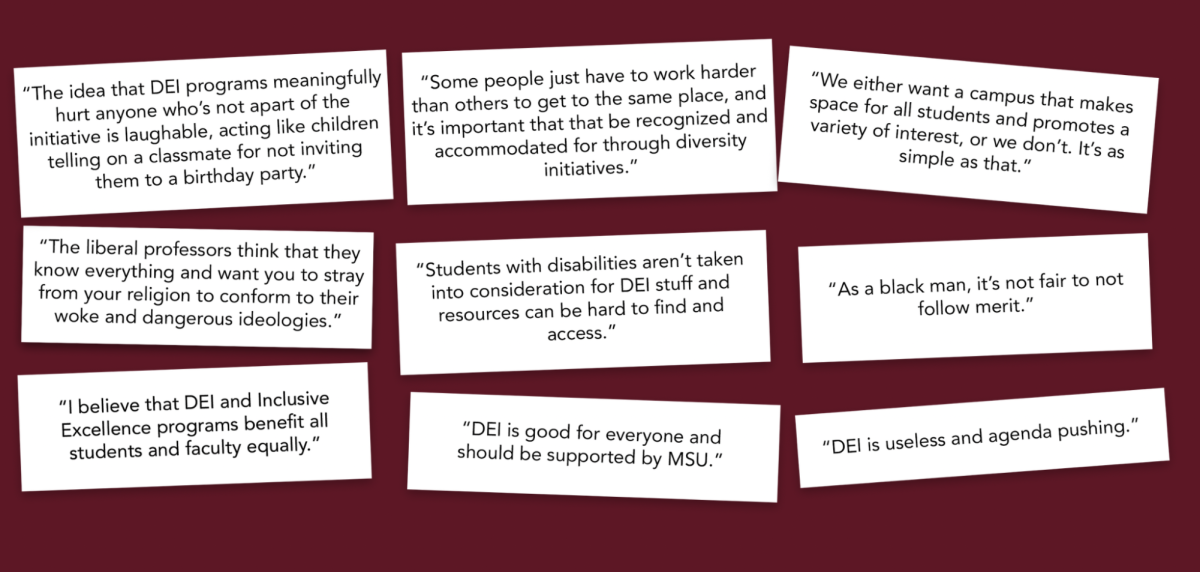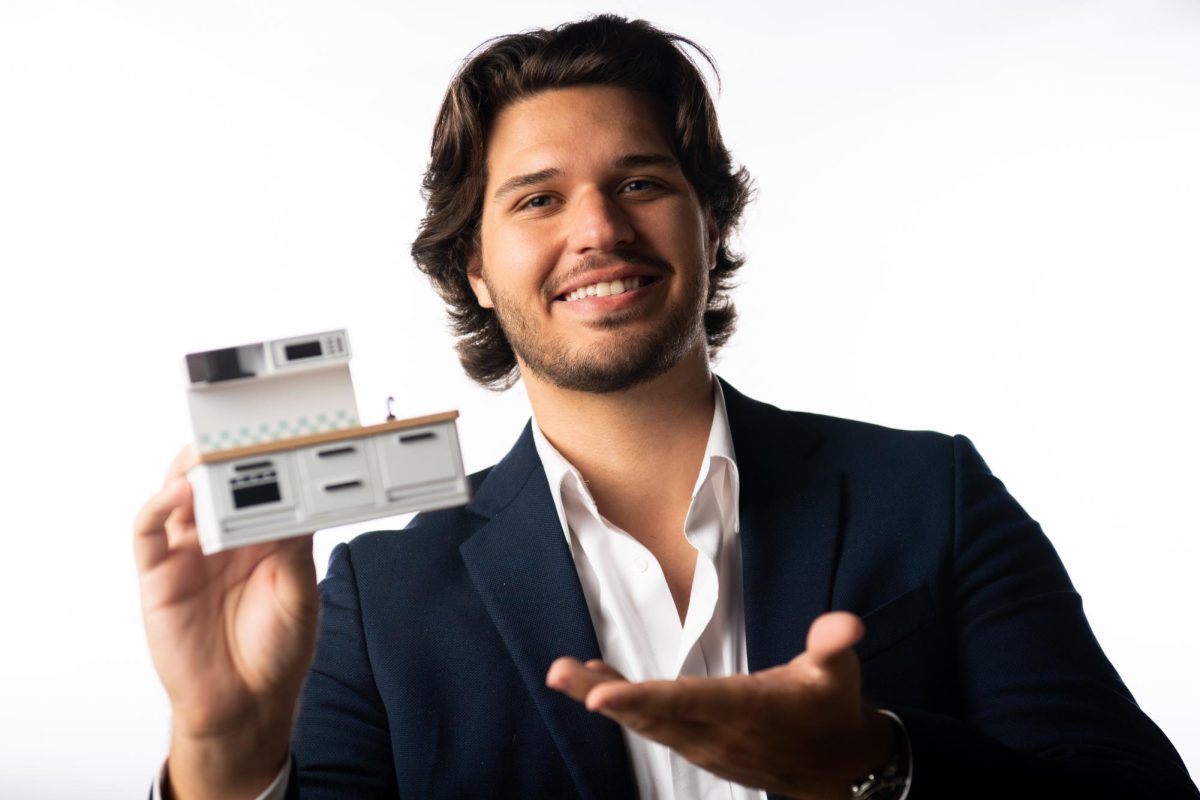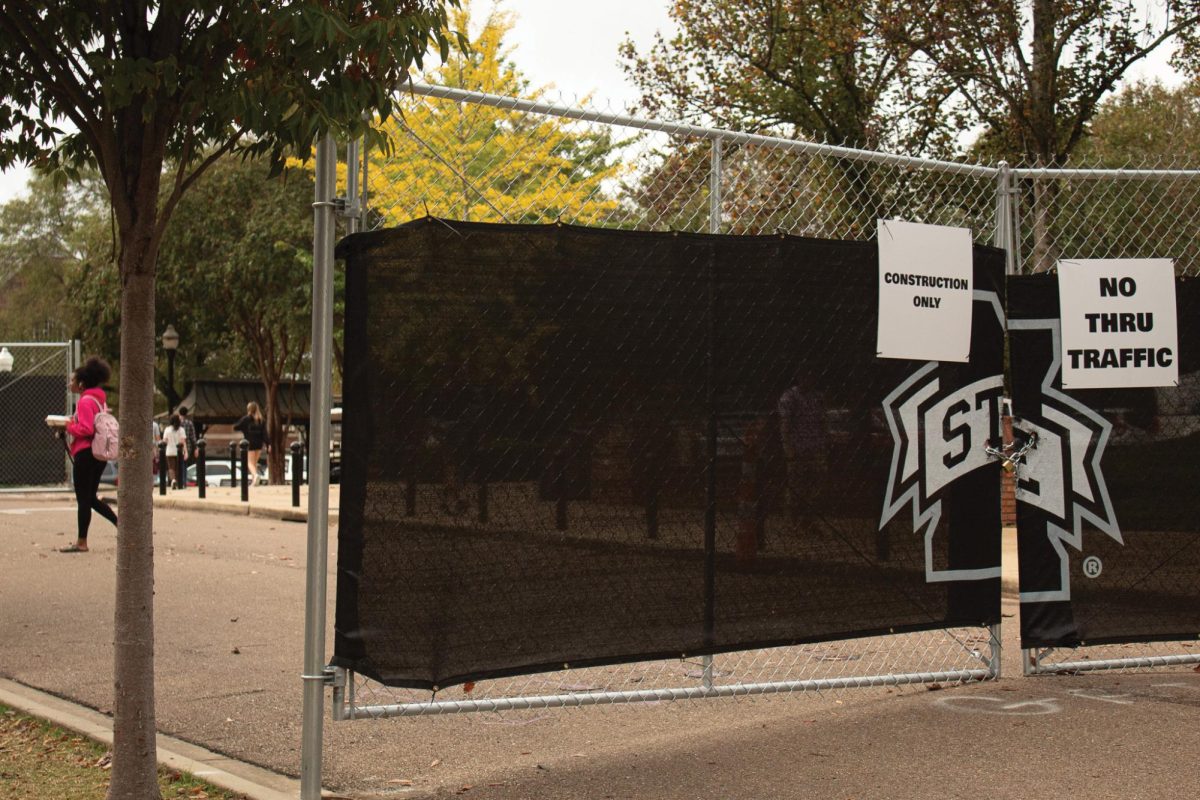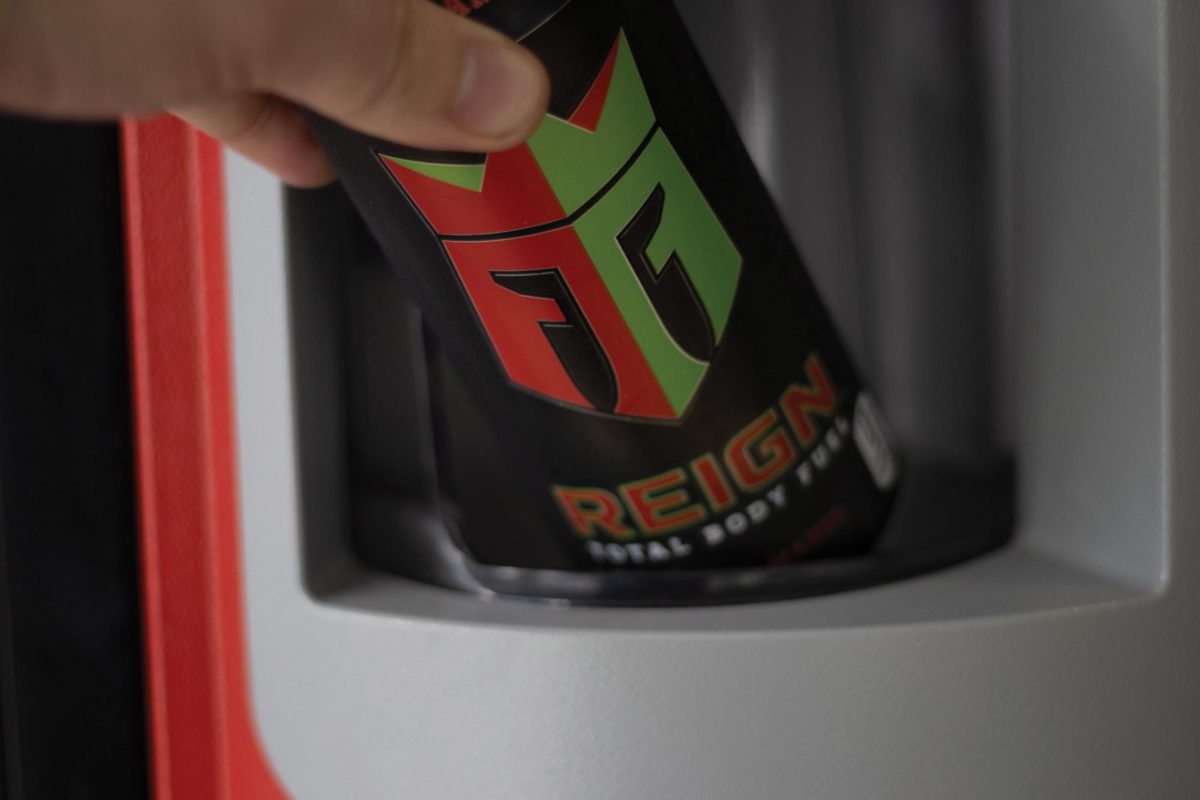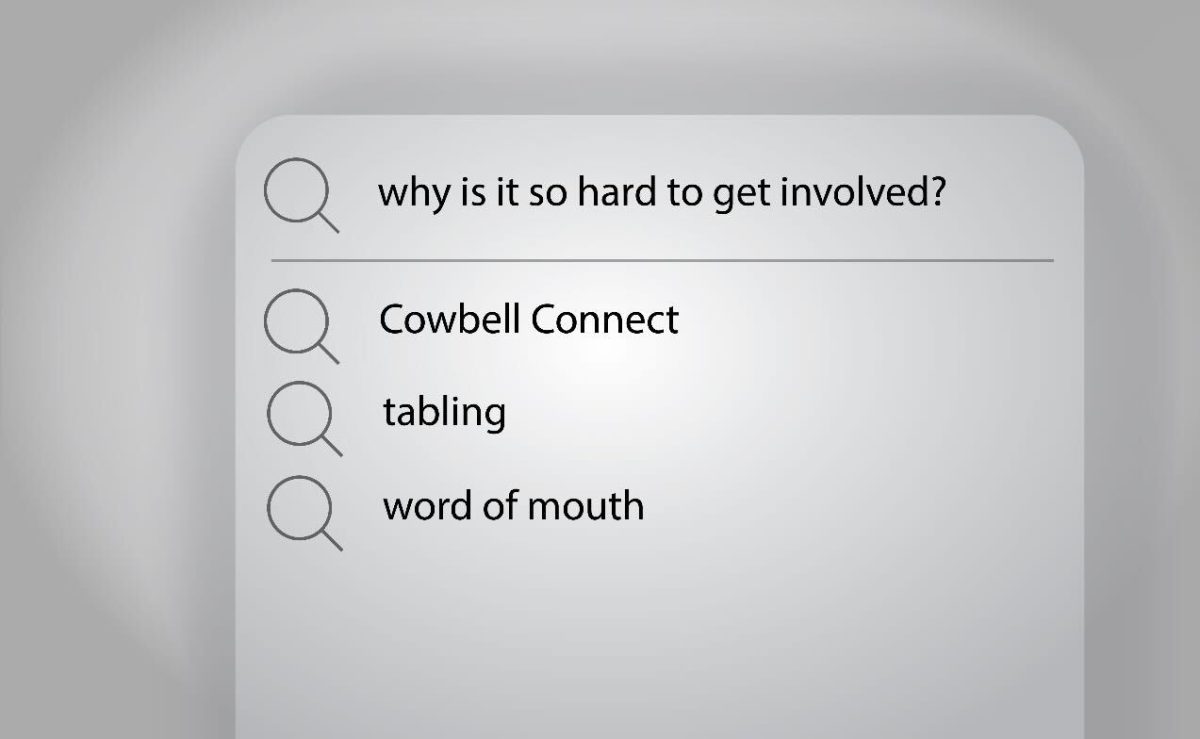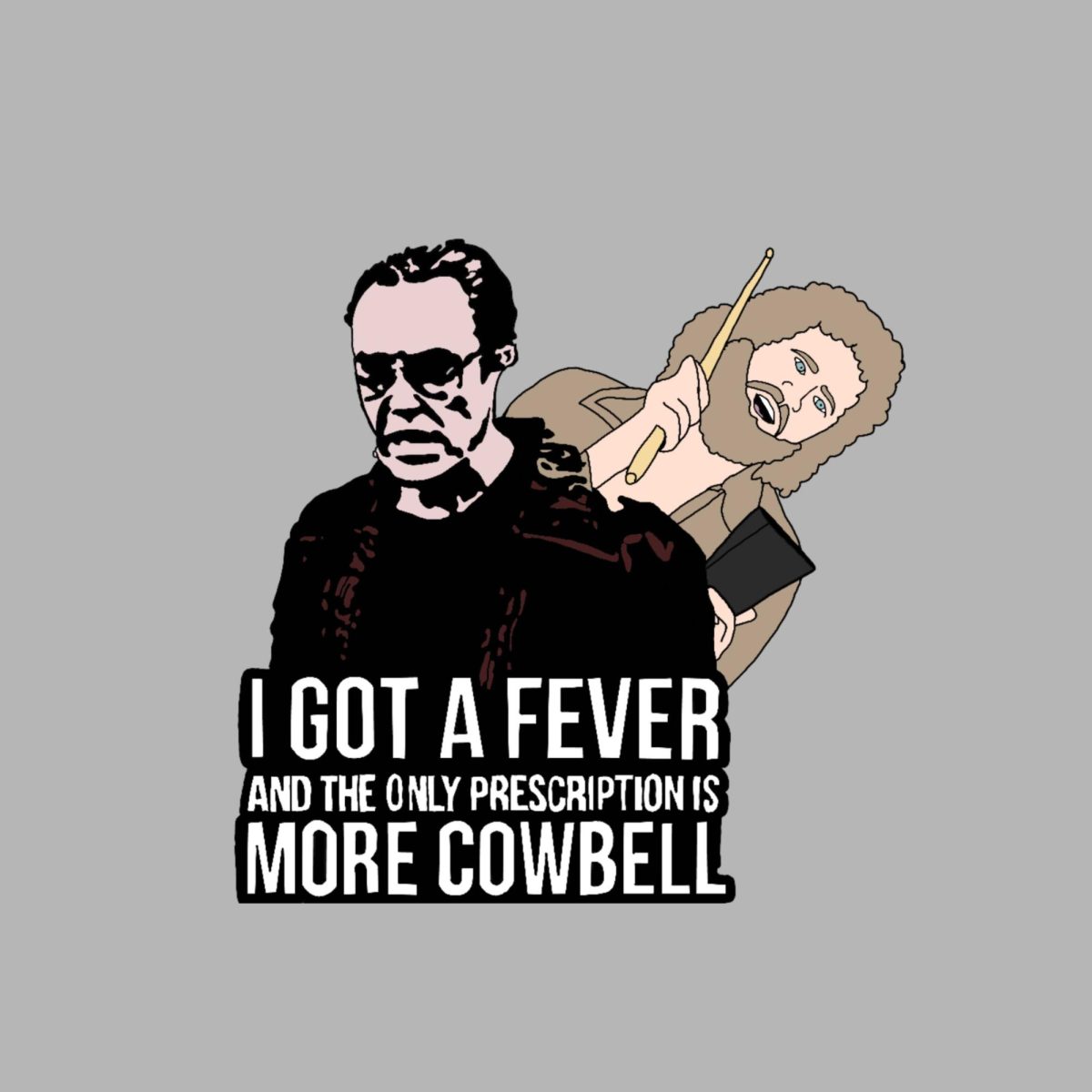This fall, Mississippi State University’s G. V. “Sonny” Montgomery Center for America’s Veterans created the Bully’s Battle Buddies program to provide veterans with a canine companion.
Doug Robinson, the program coordinator for the Center for America’s Veterans, described the process of creating the program.
“We wanted to create a program where canines could become kind of that companion after individuals served,” Robinson said. “So, what we did was partnered with various organizations such as the Golden Triangle Kennel Club, Oktibbeha County Animal Shelter and Petsense as a way to pair up a dog and a veteran student. The dog is not trained in any background, it is literally a companion for the veteran and the veteran’s family.”
When Robinson came to MSU, Bully’s Battle Buddies was in the beginning stages, and Robinson helped further develop the program. Robinson said having a canine companion can be helpful for veterans experiencing PTSD.
“I interviewed an army ranger, and the story he gave me was pretty telling, and he has Post Traumatic Stress Disorder and survivor’s guilt. He lost several soldiers with him and he dealt with a lot of depression, and his therapist recommended to actually get a canine. You could really tell the emotion in his voice, so I took away from that this is actually a way we can help our fellow veteran students at Mississippi State University,” Robinson said.
Robinson said part of the program’s goal is to take some of the expenses out of owning a pet.
“We try to take expense out of the equation. We want the veteran to get the canine initially without any expense, and that’s where these organizations come in and have partnered with us and are able to send a check to try to cover costs like bowls, food, shots or maybe a leash and a collar,” Robinson said.
Brian Locke, director of the Center for America’s Veterans, said the purpose of the program is to give veterans an opportunity to obtain the added companionship a pet would provide.
“I think the real goal is to find a companion for the veterans in the community. You hear stories of veterans who may be lonely or may need a companion or a little extra something, and a lot of times a pet can kind of fill that void for some of these people. That’s kind of the thought process behind this is that if there is a need for someone to have that then we can be able to help them,” Locke said.
Locke, who was in the military police when he was on active duty, recounted his first-hand experience with the bond that can develop between canines and their owners.
“I spent a lot of time with military working dogs and even though this is not a military working dog program, you can still see the bond between a canine handler and their dog. It is the same thing here. You can see the bond between the person and their pet,” Locke said.
Locke said they hope to see Bully’s Battle Buddies grow and impact as many people as possible.
“If it helps one, great. If it helps two, great. And if it helps 25, even better. Every program or event that we do, there’s always an impact. I think that this is one of those programs that as it matures and gets a little farther along you will get to see what kind of impact it truly makes on the veterans and families who are a part of it,” Locke said.
Riley McCormick, a Ph.D. student at MSU, was the first person to go through the BBB program and adopt a canine.
“There’s been local car break-ins around Starkville, and my car was one of them, and so I was kind of looking for a dog to alert me if something like that would happen. And then I saw the post pop up, and I was like, ‘What a great opportunity to get a companion animal and something to alert me if someone was trying to break into my car or the house,’” McCormick said.
However, owning a pet comes responsibility, and McCormick said he has had to dedicate time to help his puppy become accustomed to living in a house.
“It’s been pretty crazy. I have three kids, working full time, plus doing the Ph.D. program. Having a puppy has been really crazy, but it has been really good. Just trying to teach him, and get him potty trained, but I really like having him around,” McCormick said.
McCormick is the first to go through this program, but he will not be the last. He gives some advice to others thinking about going through the same process he did.
“I would suggest to someone else as long as they have the room and capabilities to have an animal in their house,” McCormick said.
Any veteran at MSU interested in participating in the BBB program, they can contact the Center for America’s Veterans Program Coordinator, Doug Robinson, at 662-325-6720 or email [email protected].





